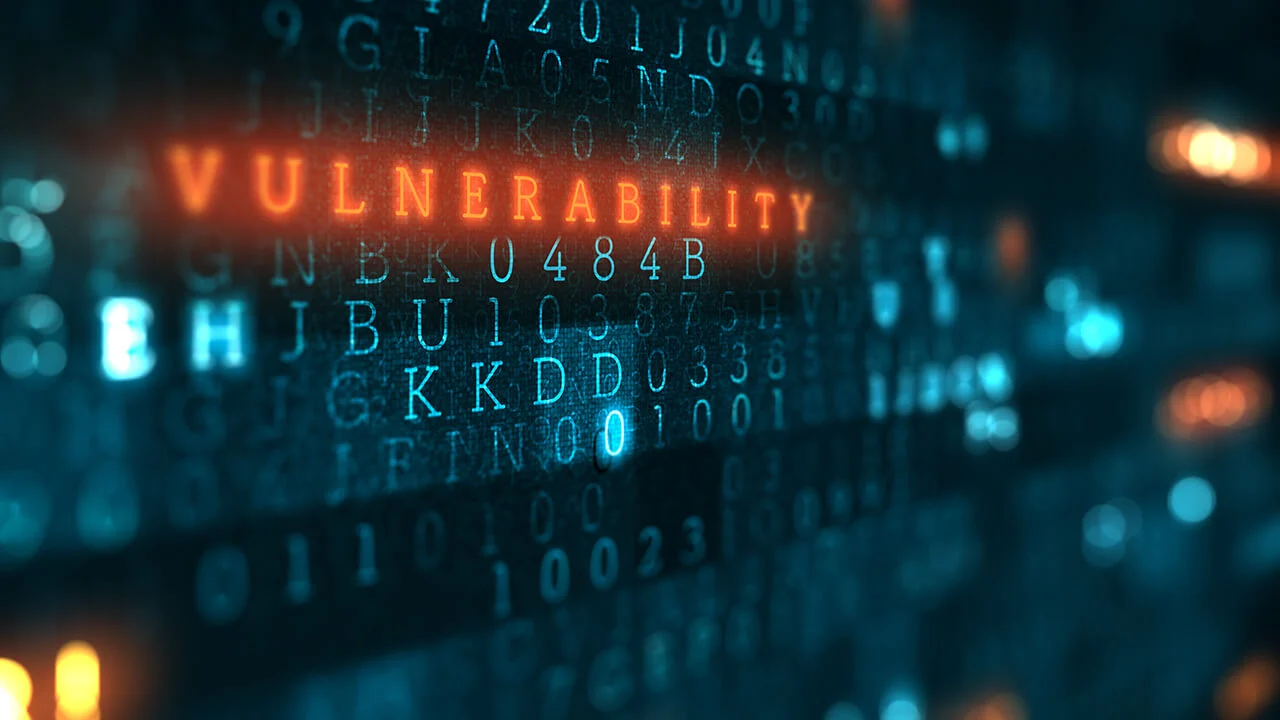ISO/IEC 27005 Risk Assessment and Mitigation Testing
The ISO/IEC 27005 standard provides a framework to manage information security risks effectively. This service focuses on conducting comprehensive risk assessments, identifying vulnerabilities, and recommending mitigation strategies for cybersecurity and software within the military sector.
Our testing aligns with international standards such as ISO/IEC 27001, which ensures that organizations implement a robust Information Security Management System (ISMS). By leveraging these standards, we help clients understand their current risk profile and provide actionable steps to enhance cybersecurity posture. Our approach is tailored specifically for military applications where the stakes are high and security breaches could have catastrophic consequences.
At its core, ISO/IEC 27005 risk assessment involves several key phases including:
- Identifying assets, threats, vulnerabilities, and impacts
- Evaluating risks using quantitative or qualitative methods
- Determining the likelihood of a security event occurring
- Evaluating the potential impact on business objectives
- Implementing controls to mitigate identified risks
- Monitoring and reviewing processes regularly
We employ state-of-the-art methodologies to ensure that our assessments are thorough, reliable, and aligned with best practices. Our team of experts has extensive experience in both military and civilian cybersecurity environments, ensuring that we provide accurate insights specific to your organization's unique challenges.
Our service encompasses a wide range of activities designed to protect critical information systems. We conduct detailed vulnerability scans using industry-standard tools while also performing penetration testing to identify weaknesses in defense mechanisms. Additionally, we evaluate compliance with applicable regulations and standards, ensuring that all measures taken are legally sound and appropriate for the environment they are protecting.
By working closely with our clients throughout each phase of the process, we ensure that recommendations made during these assessments directly contribute towards achieving organizational goals related to information security. This collaborative approach allows us to tailor solutions specifically for your needs while maintaining a focus on continuous improvement through ongoing monitoring and review processes.
Why It Matters
The importance of ISO/IEC 27005 risk assessment cannot be overstated, especially within the military sector. Cyber threats are evolving rapidly, with sophisticated attacks becoming increasingly common. In this context, robust risk management is essential for safeguarding sensitive information and ensuring mission success.
- Enhanced Security Posture: By identifying potential risks early on, we enable organizations to take proactive measures against cyber threats.
- Compliance Compliance: Adherence to international standards demonstrates commitment to best practices and helps mitigate legal liabilities associated with non-compliance.
- Operational Efficiency: Effective risk management allows resources to be allocated more efficiently, reducing unnecessary expenditures on counterproductive measures.
- Mission Continuity: Protecting critical information ensures uninterrupted operations even under adverse conditions.
In today’s interconnected world, every organization faces some level of cybersecurity risk. For military entities, where sensitive data and strategic plans are at stake, the consequences of a security breach can be severe. Thus, implementing rigorous risk assessment protocols is not just good practice—it's imperative for maintaining operational integrity.
Applied Standards
The ISO/IEC 27005 standard provides guidelines on how to identify, assess, and treat information security risks. It emphasizes the importance of a structured approach that covers all aspects of an organization’s information security management system (ISMS).
Our methodology follows these key principles:
- Risk Identification: We begin by gathering comprehensive data about your assets, including hardware, software, networks, and personnel. This helps us understand exactly what needs protection.
- Vulnerability Analysis: Using advanced tools and techniques, we analyze potential weaknesses in your infrastructure that could be exploited by attackers.
- Risk Evaluation: Once vulnerabilities are identified, we evaluate their likelihood of occurring and the impact they would have on business objectives. This informs our recommendations for mitigation actions.
- Mitigation Recommendations: Based on our findings, we propose specific controls designed to reduce risks to acceptable levels. These may include technical fixes, organizational changes, or a combination thereof.
- Ongoing Monitoring and Review: Cybersecurity threats evolve continuously; therefore, it's crucial that risk assessments are revisited periodically to ensure they remain relevant.
We also stay current with any updates or amendments to the ISO/IEC 27005 standard, ensuring our services always reflect the latest best practices. This commitment to excellence guarantees that you receive top-tier support tailored specifically for your organization’s unique requirements.





